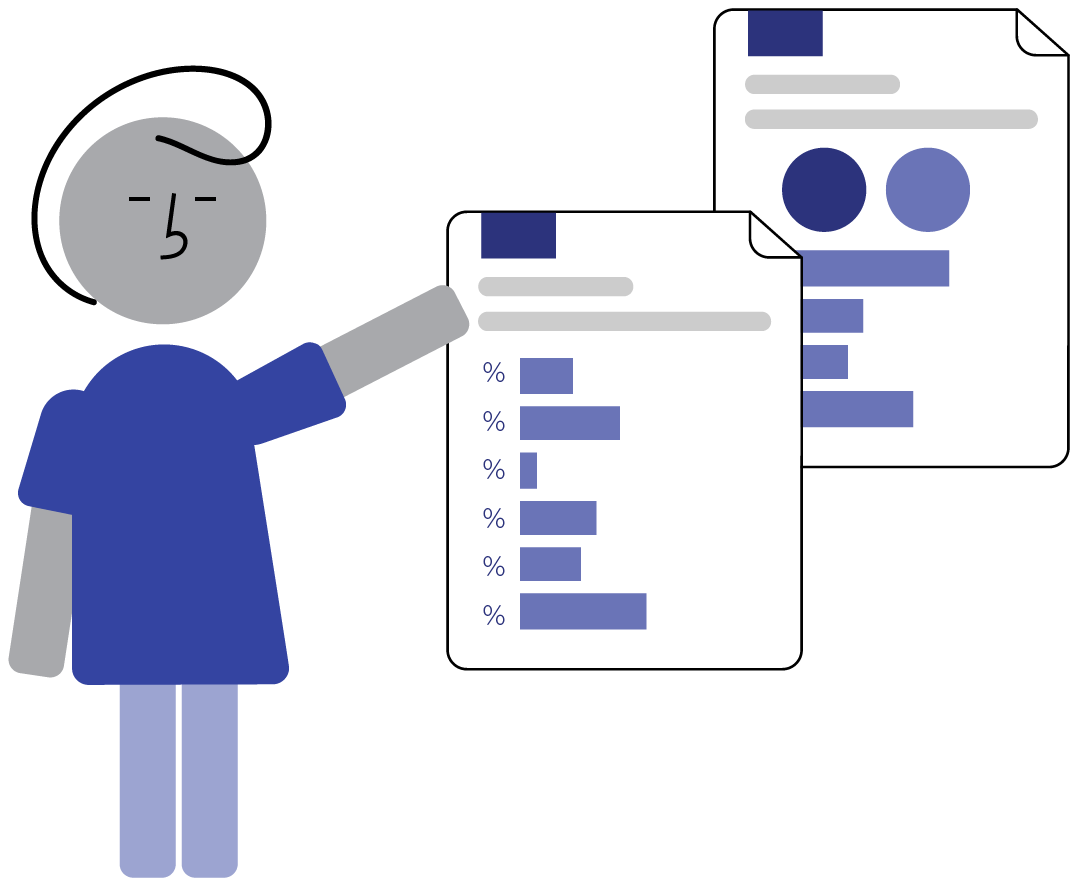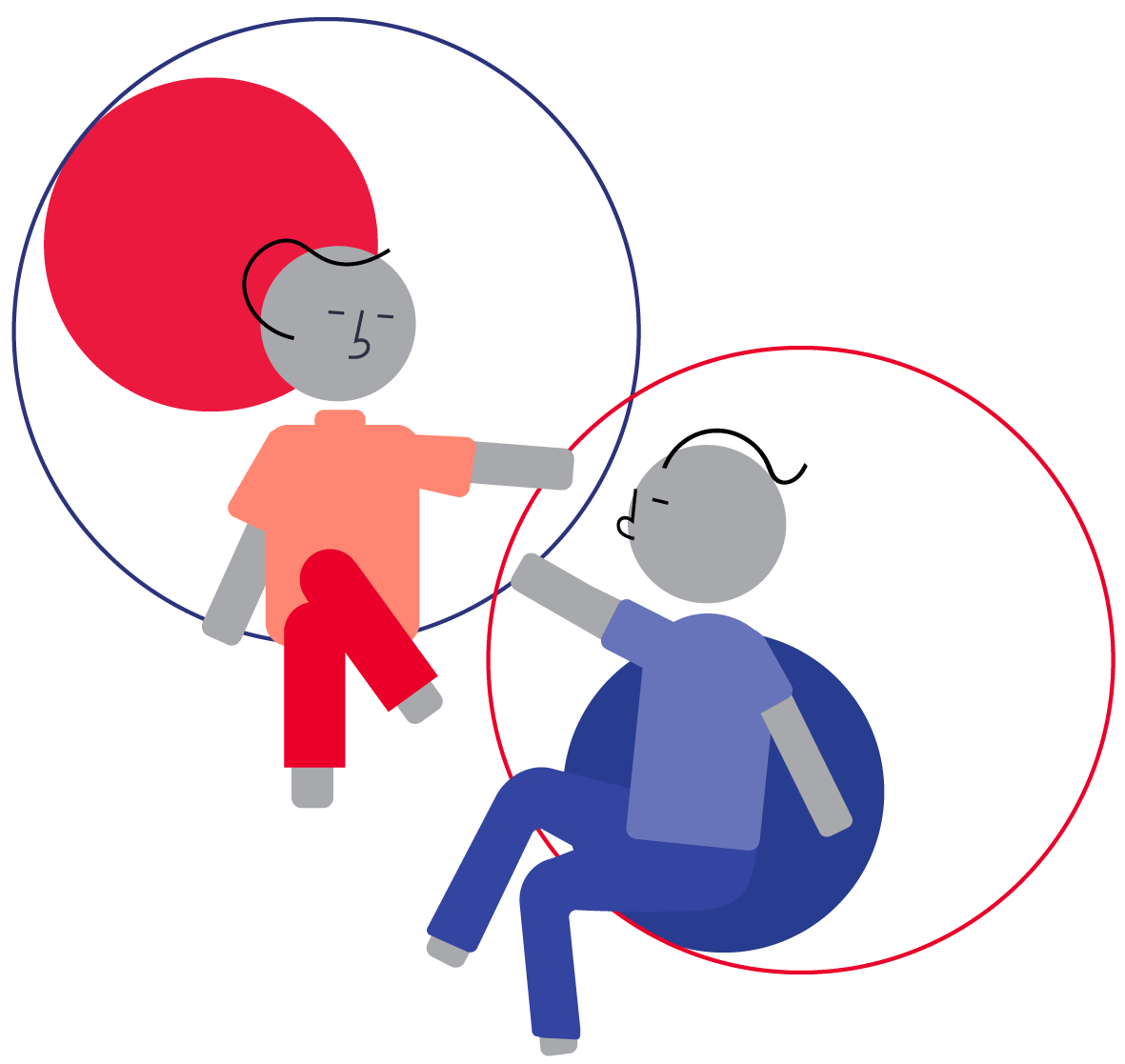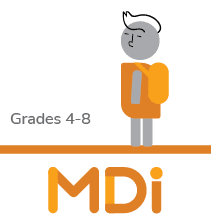

The Childhood Experiences Questionnaire: Overview

Increasing our knowledge of children’s early experiences and environments prior to kindergarten that play a critical role in shaping their healthy development.
During the first years of life, children’s development is highly influenced by experiences in their home and community. Quality experiences and healthy environments help to build a strong foundation for children’s development and well-being over the long-term. While good nutrition, safe and secure housing, and protection are some of the basic aspects of nurturing environments, young children also need support from parents, caregivers and other adults. They need opportunities to explore their world, play, and to learn how to interact with others. Children and families also need access to supports and services in their communities. The Childhood Experiences Questionnaire (CHEQ) gathers important information about children’s experiences prior to kindergarten – collecting actionable information that schools and communities can use to support children and families and ensure a solid foundation for healthy development and well-being.
Made in BC
Developed by HELP faculty in consultation with the Aboriginal Steering Committee, child development specialists, community partners and parents and caregivers.
Parents & Caregiver
Completed by parents and caregivers of incoming kindergarten students.
Online Questionnaire
Can be completed online at school or at home in approximately 15 minutes.
All About Experiences
Collects information on experiences that are strongly linked to children’s health and well-being, education and social outcomes.
Benefits of the CHEQ
Used to help teachers, school personnel and community partners provide and improve targeted supports for children and their families.
CHEQ is Voluntary
Completion of the CHEQ by parents and caregivers is voluntary.
What is the CHEQ?
The Childhood Experiences Questionnaire (CHEQ) is used to collect information on children’s experiences in their early environments. It is completed by parents and caregivers as their child enters kindergarten. There are 55 questions on the CHEQ covering five domains strongly linked to children’s health and well-being, learning and social outcomes: Physical Health & Well-being, Language & Cognition, Social & Emotional Experiences, Early Learning & Care, and Community & Context. CHEQ data provides an overview of children’s experiences prior to the start of school and the frequency of those experiences.


How was the CHEQ created?
Informed by child development research, the CHEQ was created through a collaborative process with an interdisciplinary team of researchers, parents/caregivers, community stakeholders, school district partners and the Aboriginal Steering Committee (ASC) at HELP. Guidance and feedback was provided by the ASC as well as Indigenous parents and caregivers in an effort to ensure the cultural safety and relevancy of the questionnaire. It was piloted between 2017-2019 in rural and urban school districts across BC. Since the 2019-20 school year, over a third of BC school districts have participated in the CHEQ, with the aim of province-wide coverage by 2024.
Information collected through the CHEQ helps educators and community partners better understand and support children and families in their communities. The CHEQ is not an assessment or evaluation of individual children, families, or parenting practices.
CHEQ Domains and Subdomains
Developmental Areas
Experiences
Description

Physical Health & Well-Being
Health
Nutrition & Sleep
Motor Skills & Experiences

Language & Cognition
Language & Cognition

Social & Emotional Experiences
Peer Experiences
Talking about Emotions
Screen Time

Early Learning & Care
Early Learning & Care

Community & Context
General Activities
Neighbourhood Experiences
Demographics
CHEQ Data Collection
In participating school districts, parents and caregivers of incoming kindergarten students complete the CHEQ. It is completed online and typically takes 15 minutes to complete. Participation in the CHEQ is voluntary and schools, teachers, and parents/caregivers can choose not to participate at any time. Learn more about CHEQ data collection and the measures HELP has in place to safeguard these data.

CHEQ Reports
Information collected using the CHEQ is both comprehensive and actionable, and can be used to ensure that children have the opportunities and experiences they need to learn and grow. HELP creates reports that summarize CHEQ data at the classroom, school, community and neighbourhood-level. As soon as parents and caregivers complete the CHEQ, schools have immediate access to CHEQ reports.
Private Reports
At this time, the following school district and community CHEQ reports are provided directly to participating school districts and are not publicly available:
- Classroom and School Reports provide principals and teachers with detailed overviews of their new group of kindergarten students‘ early experiences in key areas, as well as their family and community context prior to starting school.
- School District and Neighbourhood Reports highlight gaps in experiences that children need in order to be ready for kindergarten and can assist stakeholders in making evidence-based decisions to improve programming and services to address these areas. Neighbourhood Reports specifically aggregate CHEQ data based on children’s postal codes, representing children that live in each neighbourhood.
- Snapshot Reports are one-page summaries highlighting the types of experiences children have had in key areas and are available at the classroom and school district level.
Public Reports
- CHEQ Project Reports: Annual project-level reports summarizing the data collected from all participating school districts starting from the 2019-20 school year are publicly available on the Reports page.
- CHEQ COVID-19 Pandemic Rapid Reports: In addition to the standard questions, the 2020-21 and 2021-22 CHEQ included additional questions about the impact of the pandemic on the experiences and contexts of children and their families. HELP produced infographic reports summarizing this pandemic-specific data at the project level (for all participating school districts) from these data collection periods, available on the Reports page.
CHEQ Research and Resources
As the CHEQ is a relatively new Monitoring System tool, research using CHEQ data is in its early stages. View a list of peer-reviewed research and references.

CHEQ Data in Action
CHEQ data provides important and actionable information on the early experiences and environments of children and families across participating school districts. Information provided by the CHEQ can contribute to an increased understanding of a range of issues including: access and barriers to supports and services, frequency of experiences in key areas that support health and development, and perceived community safety and connectedness — this information contributes to building a solid foundation for children’s health and well-being. CHEQ data can be used to support collaborative conversations and planning, play a part in policy and decision-making processes, and help identify opportunities for action within school districts, as well as across communities and regions. Learn more about HELP data in action.

Widening the Lens: CHEQ and the Child Development Monitoring System
CHEQ and the EDI
Data from the Early Development Instrument (EDI) over the past 20 years have consistently highlighted the variability in children’s development by kindergarten. The CHEQ was developed to gather data on children’s early experiences and environments in order to provide insight into some of the variability indicated by EDI data for children’s development across neighbourhoods and school districts.
Parents and caregivers of kindergarten children from participating schools across BC complete the CHEQ, and teachers complete EDI questionnaires in February of the same school year. As a result, the CHEQ provides parent and caregiver insights on children’s early experiences that can supplement teachers’ observations of children’s development on the EDI. Used together, the CHEQ and the EDI can offer rich information about how the immediate environments in which children spend their time – at home, with family, and in a range of community programs and services – influence their developmental outcomes. Information from the CHEQ and the EDI, along with other Monitoring System tools, can be used in collaboration to support children and families across communities in BC.
Key CHEQ Contacts

Barry Forer
Research Methodologist

Amanda Chao
Project Lead






